The Trump administration has declared its intention to rigorously revoke visas held by Chinese students, a key demographic that contributes significantly to the financial
health of U.S. universities.
This announcement reflects a broader stance against certain aspects of American higher education.
Secretary of State Marco Rubio made this declaration following China’s objections to the recent temporary suspension of visa appointments for students worldwide.
The administration has also targeted international students at Harvard University, which has resisted pressure from the White House amid ongoing campus demonstrations.
Rubio stated that visas will be revoked for Chinese nationals, particularly those with ties to the Chinese Communist Party or who are enrolled in sensitive academic disciplines.
In addition, the administration plans to tighten visa application procedures to increase scrutiny on applicants from China and Hong Kong.
Chinese students have traditionally been a major source of full-tuition revenue for U.S. institutions.
During the 2023-24 academic year, China sent 277,398 students to study in the U.S., although India has recently overtaken China in the number of enrolled students, according to a report by the Institute of International Education supported by the U.S. State Department.
During Trump’s previous term, restrictions were primarily focused on Chinese students studying sensitive subjects or connected to the military.
It is yet to be seen whether Rubio’s announcement signals a broader or more intense approach.
China’s Foreign Ministry spokesperson Mao Ning called on the United States to protect the rights and interests of international students, including those from China.
Rubio has already canceled thousands of visas, especially affecting students involved in activism critical of Israel.
A recent cable from Rubio instructed U.S. consulates and embassies to suspend further student and exchange visa appointments until enhanced vetting procedures, including social media screenings, are in place.
These measures have caused concern among students from U.S. allied countries as well. For instance, a Taiwanese doctoral student planning to study in California expressed uncertainty about the visa delays but remains hopeful.
The Trump administration has voiced displeasure with Harvard University for resisting its demands for greater oversight, citing concerns about anti-Semitism and what it describes as an overly liberal “woke” environment on campus.
A judge temporarily blocked the ban on foreign students ahead of a scheduled hearing and Harvard’s graduation ceremony.
Moreover, Harvard and several other prestigious universities have faced cuts in federal research funding amid this dispute.
White House Press Secretary Karoline Leavitt explained that the administration prefers to direct public funds toward vocational schools, state institutions, and programs that promote American values and workforce skills.
Some Harvard students have expressed worries that the administration’s policies may reduce the appeal of U.S. universities to international students.
One graduating British student studying the history of medicine said he might reconsider pursuing a PhD in the U.S. given the current situation.
Harvard University is actively challenging these policies through the legal system.
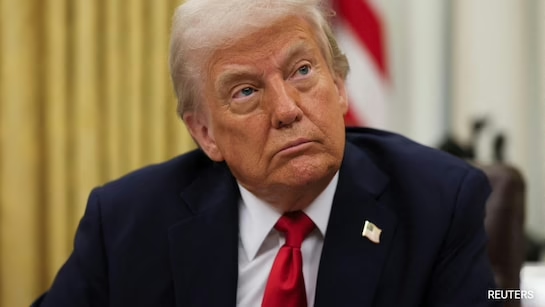
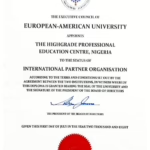
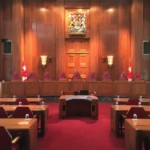


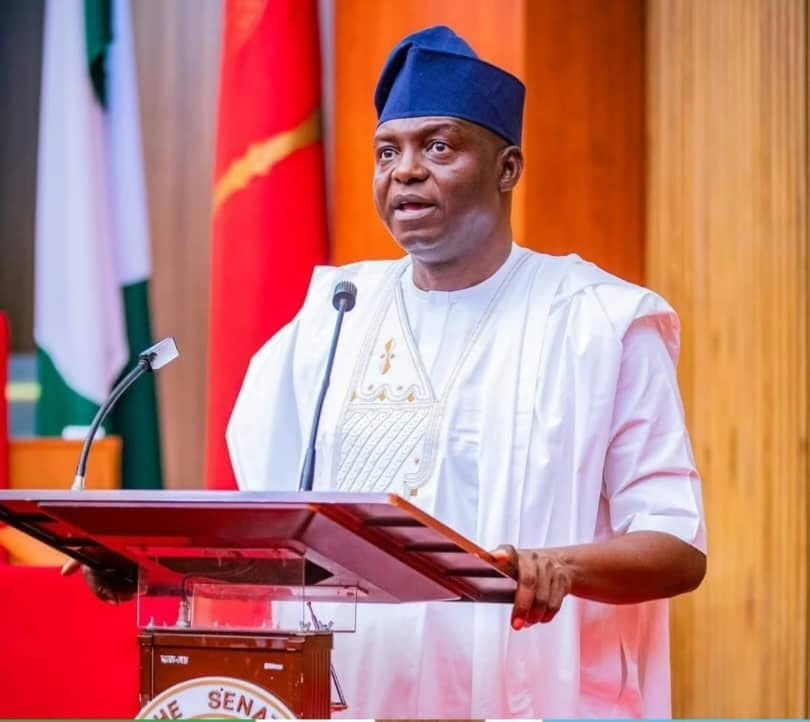




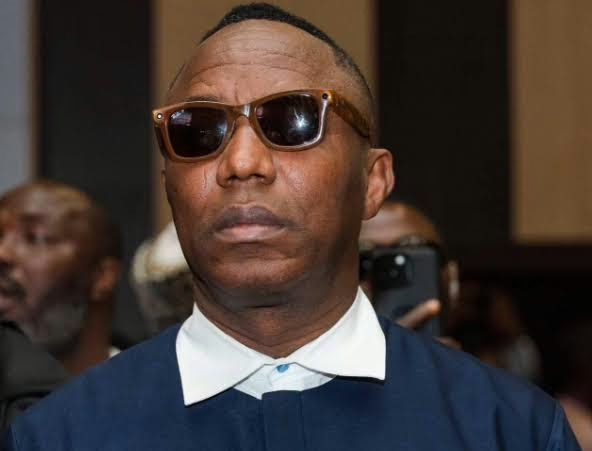
Leave a Reply